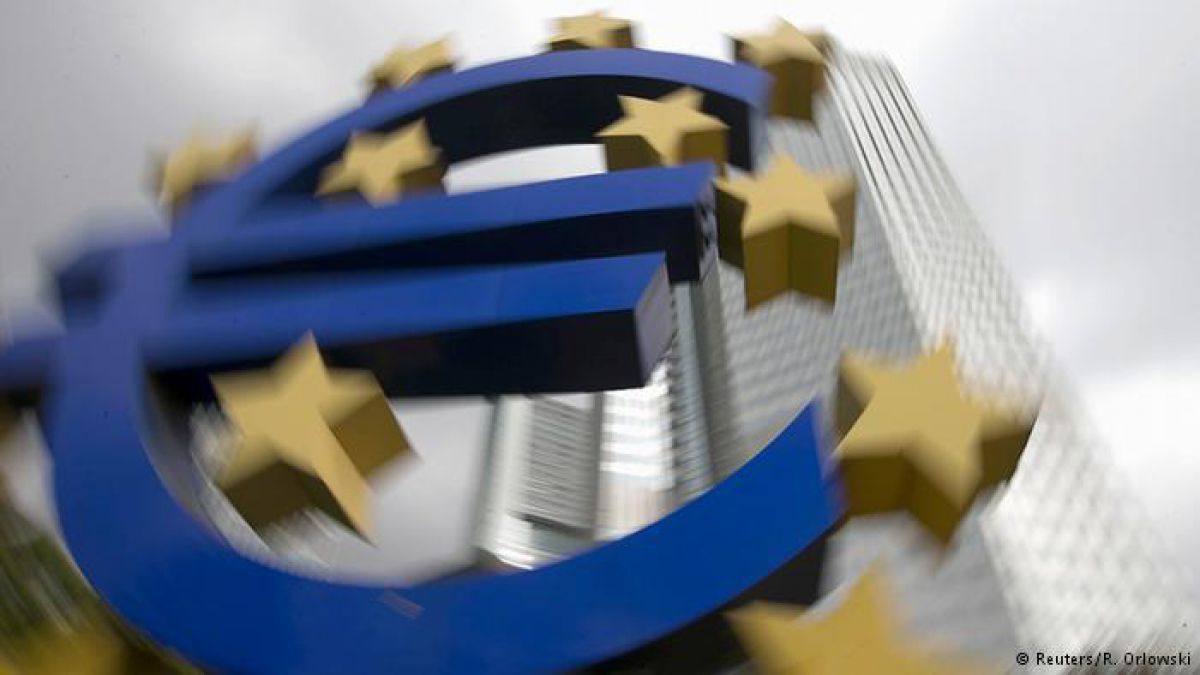The inflation rate closed in this way five consecutive monthly lows and could now prompt the European Central Bank (ECB) to raise its interest rates at the meeting scheduled for Thursday.
The inflation of the eurozone pick up in April. According to preliminary data provided by Eurostat, the community statistical office, the CPI for March rose to 7% in the fourth month of the year compared to 6.9% registered in March. Core inflation, for its part, fell slightly to 5.6% year-on-year from 5.7% in March and also fell month-on-month to 1% from the previous 1.3%. Is he first underlying rate decline in 10 months.
The content you want to access is exclusive to subscribers.
As regards the main components of inflation in the euro area, it is expected that food, alcohol and tobacco register the highest annual rate in April (13.6%, compared to 15.5% in March), followed by non-energy industrial goods (6.2%, compared to 6.6% in March), services (5.2%, compared to 5 .1% in March) and energy (2.5%, compared to 0.9% in March).


eurozone inflation
The experts from Oxford Economics highlight the “encouraging” decrease in core inflation and indicate that, despite the rebound in the headline rate, The European Central Bank (ECB) “will raise rates by 25 basis points this Thursday”. “Policy makers will welcome the first drop in core inflation, while bank lending data shows that the ongoing tightening is being transmitted to the real economy,” they indicate.
For their part, Pantheon Macroeconomics analysts also defend this thesis and believe that the data “seals the deal” for the ECB to raise interest rates by 25 basis points. “A nasty upside surprise was needed to push the ECB back towards 50 basis points, after this morning’s gloomy bank lending survey. We believe that the ECB will accept it, given the increasingly negative news from the main economic indicators and the evidence that core inflation is no longer rising.
Looking ahead, the British firm’s experts point to a greater moderation in core inflation to 5.5% before it climbs to 5.7% in June “due to the base effects of Germany.” “We are inclined to extrapolate from the faster-than-expected decline in inflation for food and basic goods, which points to a drop in headline inflation to just over 6.5% this month, and a further decline to around 5% at the end of the summer”, they add.
“Assuming that the survey data, mainly the PMIs, is adjusted to the bank lending survey and money supply data, we see little reason for the ECB to continue raising rates through July, as the consensus currently believes. This means that the Bank will take into account the increase in service inflation during the summer, driven by the base effect”, they conclude.
By contrast, Daniele Antonucci, chief economist and macroeconomic strategist at Quintet Private Bank, notes that inflation remains “too high” for the ECB to “feel comfortable thinking that it is rapidly converging towards the target”. “Unlike the US Federal Reserve, from which we expect a final rate hike this week before pausing to assess the impact of tightening financial conditions and tensions in the banking sector, in the euro zone more rate hikes”, he stresses.
This analyst points out that credit conditions and other macro data reveal that the “European consumer is suffering” and that “the short-term outlook remains quite difficult.” “It remains to be seen if this leads to a pause in central bank rates on this side of the Atlantic as well. For now, we believe the incentive is to continue tightening monetary policy in the coming months”, he concludes.
Source: Ambito




